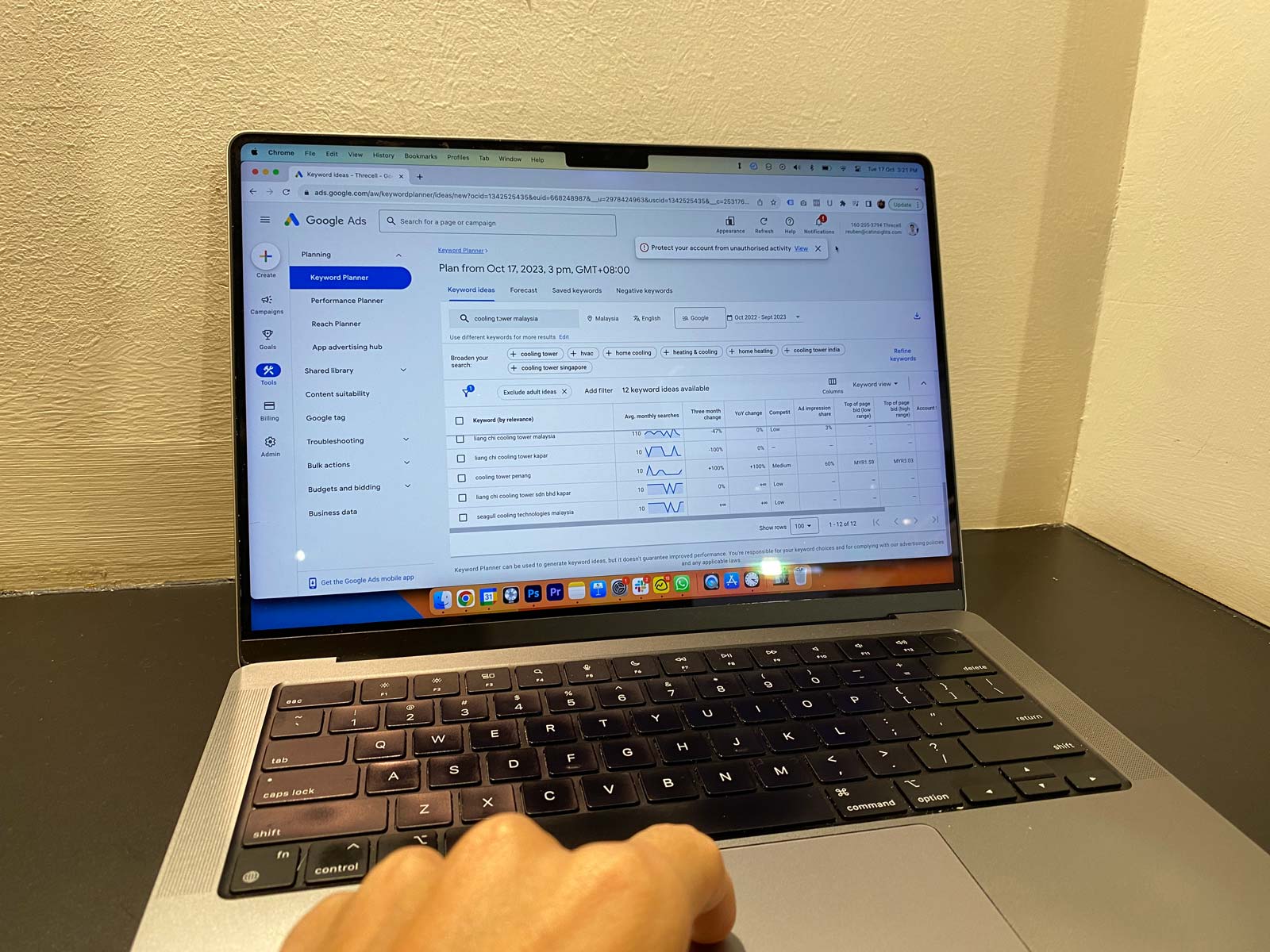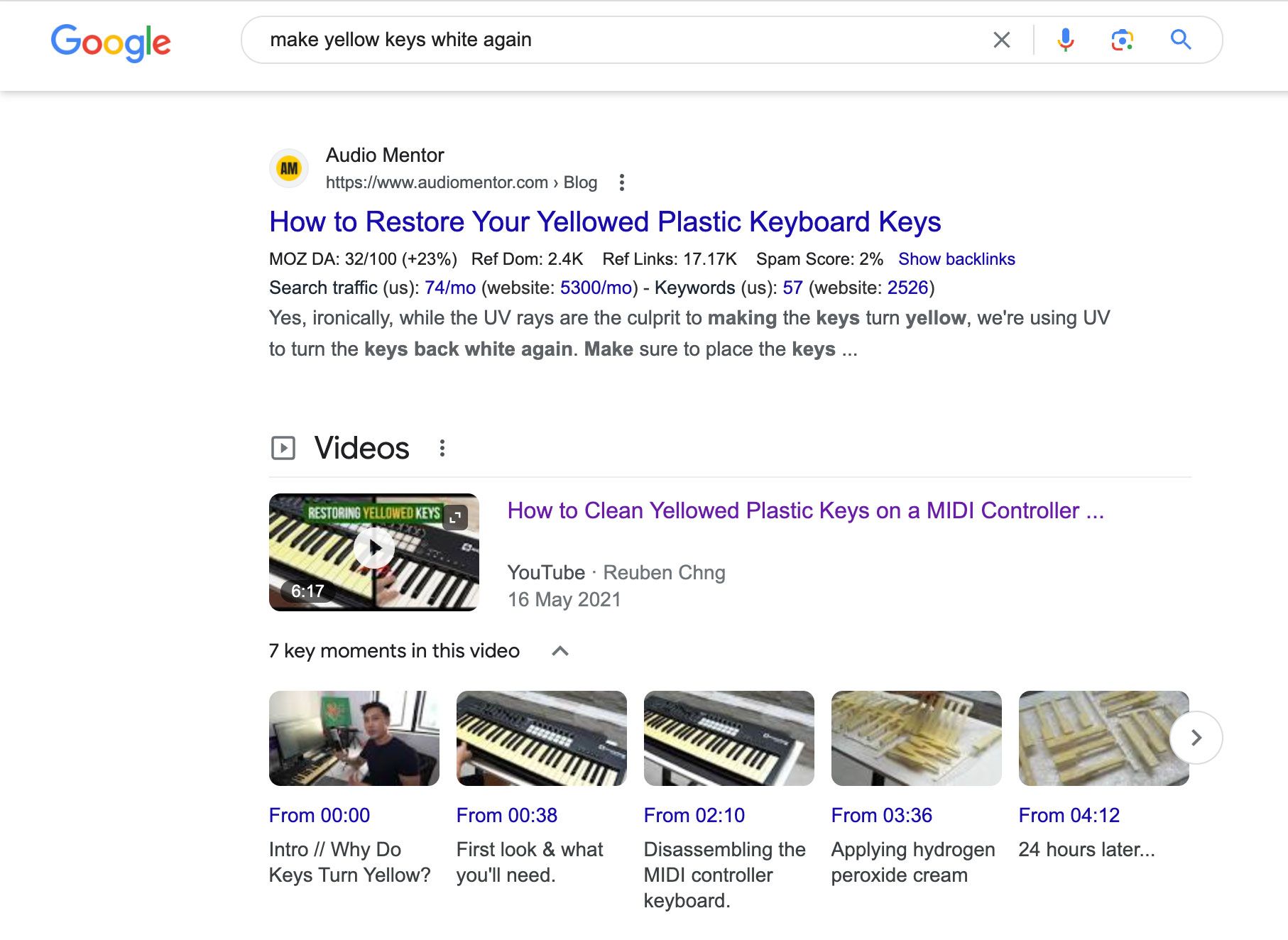How to do Google SEO in the age of AI
What you need to know to do SEO in the age of AI.

If you've been following the development of SEO in the age of AI, you're either:
- Afraid of what's going on.
- Excited with the AI in search.
I think most people are afraid.
How SEO used to work.
SEO strategies used to focus on optimizing keywords and getting backlinks.
However, with AI generating responses to search queries, you might want to re-evaluate your SEO approach.
See how Google's Generative AI works (not released in Malaysia, yet):
How does SEO work now?
To do SEO, you first need to understand the big picture.
Google's job is to show answers, as fast as possible to people searching. Why? So that they continue to have users, and is able to continue selling ads. To do that well, they have to show answers, quickly and accurately.
Made-for-SEO articles that serve no utility purpose are dying horrible deaths.
Simply put: Your content has to be useful – providing an answer or a transactional product to the searcher.
Let me explain with a quick case study.
Google "make yellow keys white" or "restore yellow keyboard". You'll find my website, Audio Mentor and the video ranked 2nd.

What's surprising is that I've not optimized the video or the post for those keywords. Yet, it ranked for slightly different keywords.
Why? Because it provided value, and it answered the search query.
This has been true for a long time, yet I see marketers placing exact keywords in their "SEO-optimized" articles in an attempt to rank their websites.
Remember listicles? That's going away, for sure.
When my music site started making money through affiliates, I started building out listicle content. Here's an example:

They worked. I was earning affiliate commissions through links that were scattered all over the posts.
But, listicles are going away.
Just like searching for "weather today" and not having to go through a list of articles to find the weather, the purpose of generative AI in search is to show an instant answer.

With Google producing generative answers, what's going to rank online are unique, personal experiences.
So today, instead of creating a piece of content like, "10 best laptops for music production", I'm moving into sharing personal experiences, like "I produced music on a Razor laptop for 6 months. Here's what I like, and what I don't"
2 pieces of advice for SEO marketing.
1 - Do omnichannel marketing.
You used to be able to do just SEO, and get lots of customers. In fact, that's what I did for The Cat Studio, my first business. We grew from 0 students to 300+ students in 6 months.
These days, you need a marketing strategy that combines multiple sources – SEO, paid ads, influencer marketing, social media, email marketing, CRO, etc.
2 - Be transparent. Hide nothing.
Back in 2009, you could hide behind a website.
Build a super cool website, write some generic articles, rank them and you're done. With generative AI, generic articles have lost their value.
If you're trying to rank your website with generic, outsourced articles, forget it.
Customers now crave a personal experience and transparency. Everything can be Google-ed these days. Use that as a strength. Show your audience behind the scenes of your business, create content to share your experiences, and bring them along in your journey.

Your personal experiences are the only way to beat through generative AI. That's what keeps you unique.
